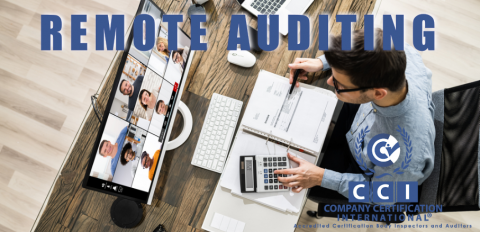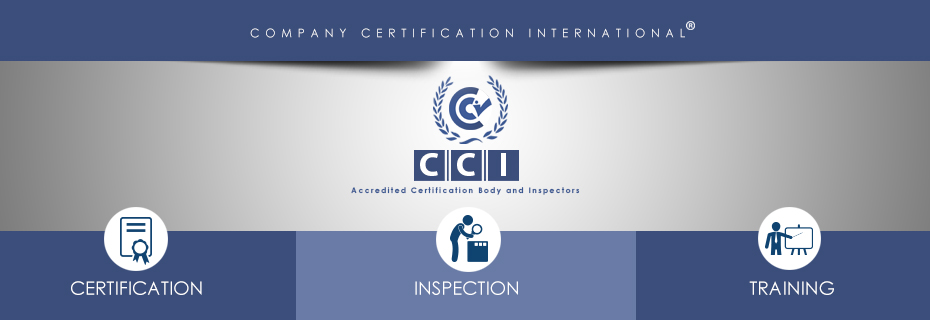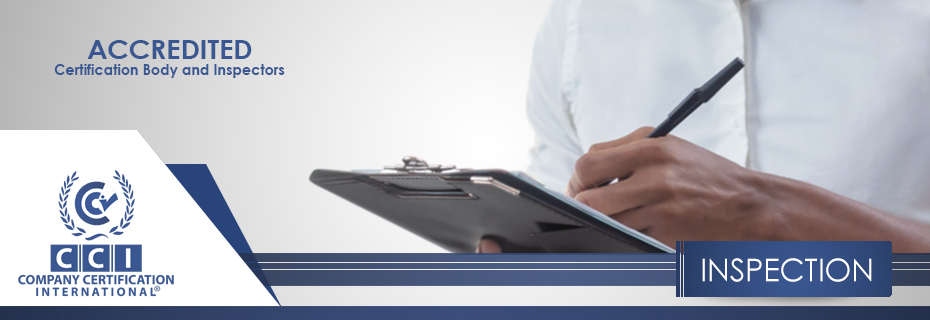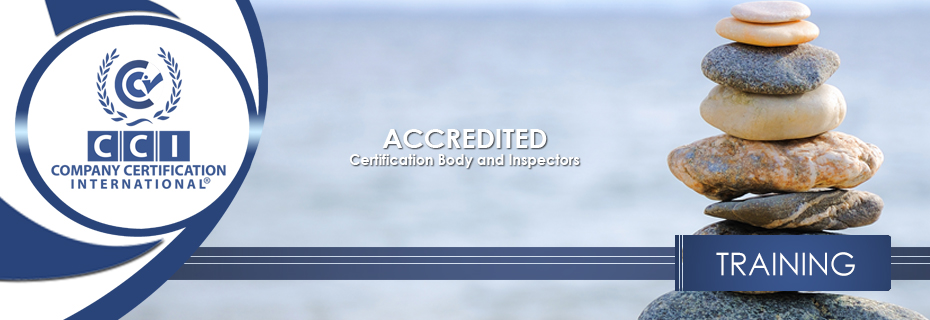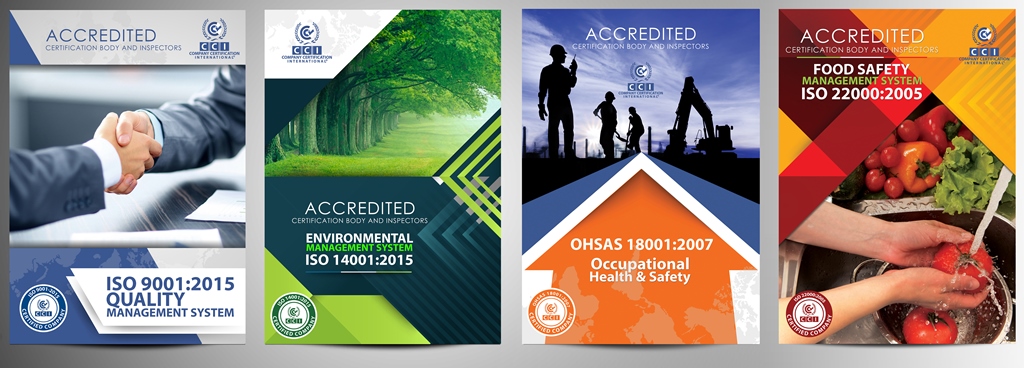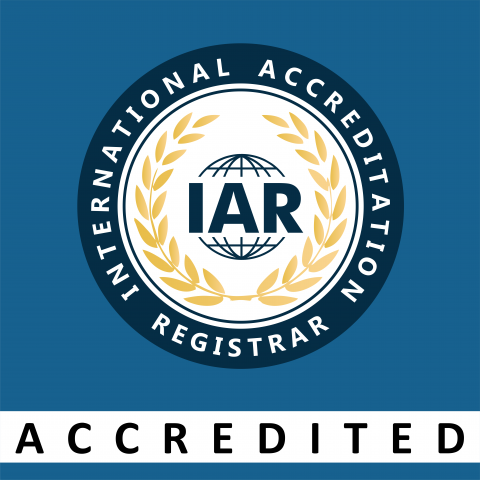Applicability
Our remote audits comply with relevant accreditation bodies' requirements, where applicable, giving you confidence in our ability to provide expert guidance and support. Remote auditing is one of the audit methods described in ISO 19011:2018 Annex A1.
We can provide accredited remote audits against all the ISO Management Standards and norms.
Digital audit
We have adopted a digital approach which means we can continue to look after your interests – helping you maintain high standards and secure your certification. This means that wherever possible, we will deliver our audits remotely, using the power of technology to make the audit as effective and efficient as possible for you. Through our unique Client Portal, we give you access to all of your audit data including audit planning and reports, certificates of approval and analysis of your audit findings which provides you with greater insight into your system.
The Certification Process
Online gap analysis allows us to see the current
- quality benchmark within your organization,
- the finances required
- the time required for this project (System and Certification Fee)
Your Estimate will be shared with you in 24 hours.
Upon Estimate Approval the project starts:
- A client executive is assigned to your project
- Contact information is shared with you
- The Payment details are provided to you
All Support is delivered Online.
The Client Executive will provide the Documentation Templates and explain to you how to amend it.
You will be required to perform the following tasks:
- Identify your core or business processes.
- Amend documentation that meets your business needs. (Policy statements, objectives, manuals, work instructions, job descriptions, forms.)
- Encourage employees to be aware of the new documented system
- Review, approve, and distribute the documents to those who need access to the information.
- Ensure procedures are being performed as documented.
- Ensure employees are trained properly for the tasks they are performing.
- Create effective reporting systems.
- Monitor the effectiveness of your processes through the use of measurable data, where possible.
- Review and take action to improve in the areas required.
- Plan internal auditing activities.
- Submit your management system documentation for review to ensure it complies with the applicable standard.
- Prepare for review by an external auditor to confirm that the system’s requirements are being satisfied and that the management system is implemented effectively.
- Obtain ISO Certifcaiton
- This periodic on-site review is usually conducted annually.
- It ensures that the certified business continues to comply with Standard requirements, as confirmed during the Recertification Audit at the certification cycle's outset.
- Most are conducted remotely.
Refer to learn more about Types of Audits

